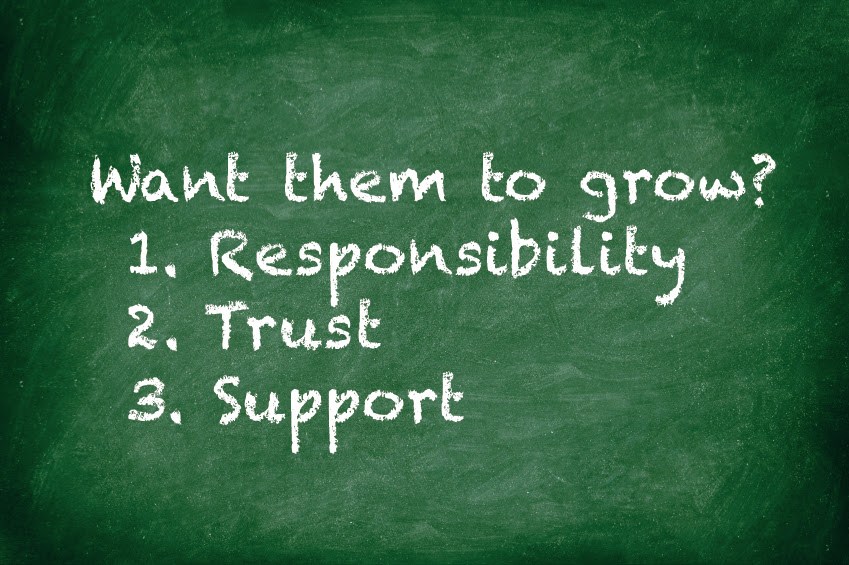
In my experience, everyone who really wants to be a better leader has some success. If you want to be an even stronger leader, understand these differences.
Respect vs Like. Strong leaders care more about being respected than being liked. Now, everyone wants to be liked but sometimes the need to be popular gets in the way of strong leadership.
Consistency. Weak leaders treat individuals differently. They have different sets of rules for perhaps people that they like or dislike and people that are pushovers or aggressive. Strong leaders are consistent with their values and how they deal with others.
Decisiveness. You might have heard of the ‘mirror manager.’ This person, when confronted with the need to make a decision says, “I’ll look into it.” Strong leaders are decisive. They get the facts, weigh up the alternatives, consider the risks and make a decision.
Courage. This is a constant in the life of a strong leader. My old mate Ambrose Redmoon said “courage is not the absence of fear, but rather the judgement that something else is more important than fear”. Strong leaders do stuff daily that they don’t want to, stuff that weak leaders put off. Like having a difficult conversation, like putting an end to office gossip, like making a tough call on a non-performing staff member.
Humility. Weak leaders reckon they know everything. There is nothing that they haven’t seen before. The last thing they would do is let people know that they weren’t perfect. Strong leaders ask for help. They surround themselves with good people and build them up so, as a team, everyone achieves more. It’s not all about them.
No matter where you are currently in terms of your leadership, strive to get fully charged. Let us know if we can help.
 Tuesday, September 23, 2014 at 10:33PM
Tuesday, September 23, 2014 at 10:33PM 






